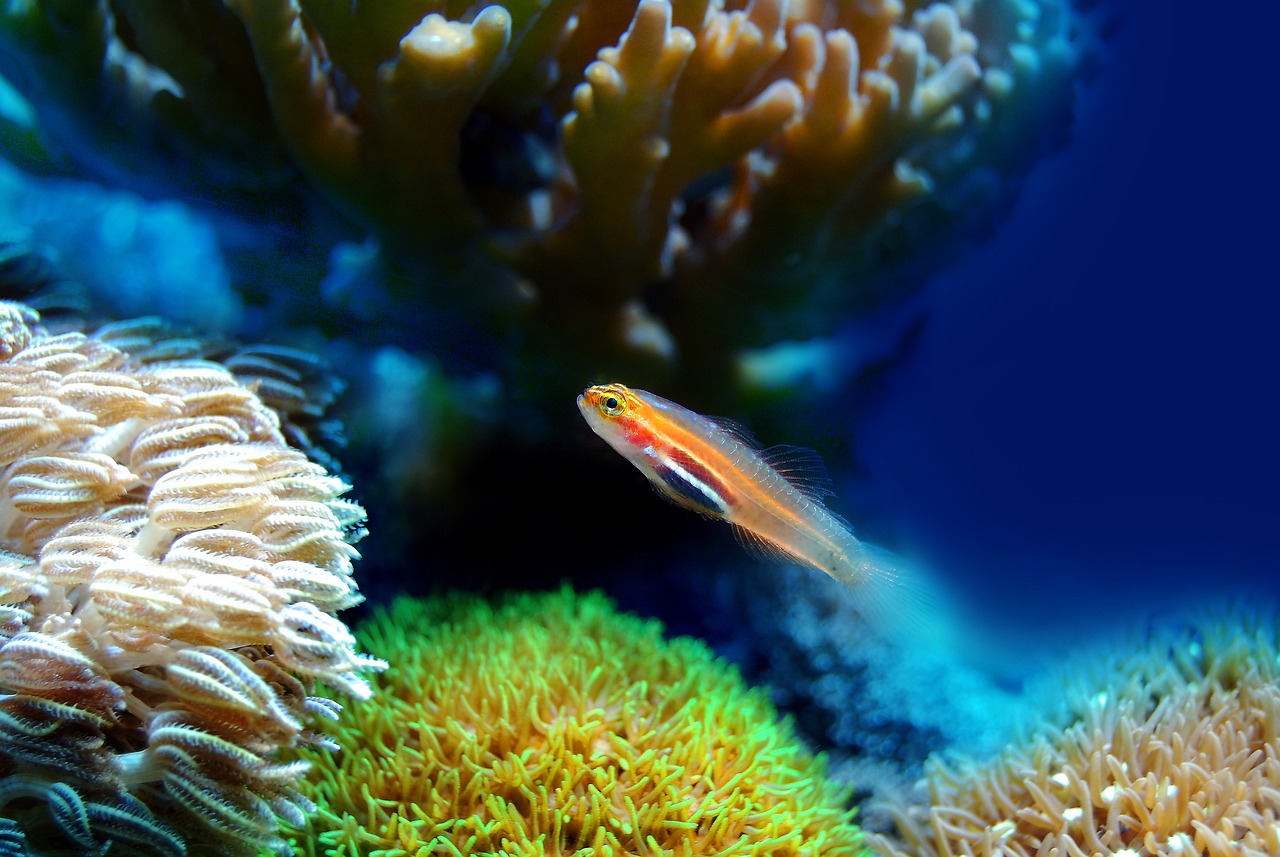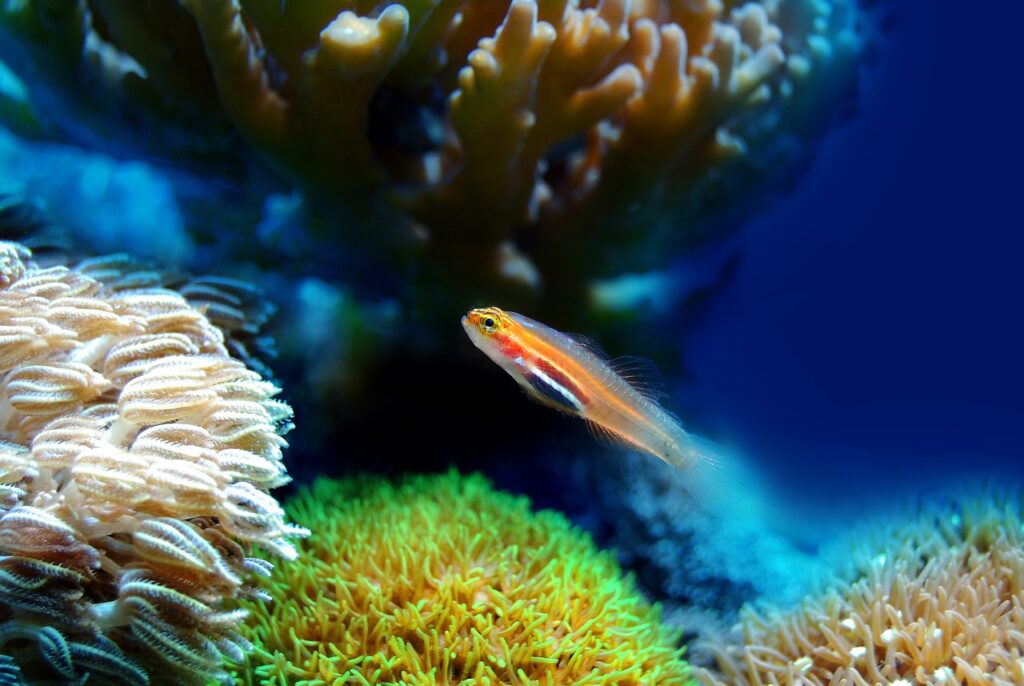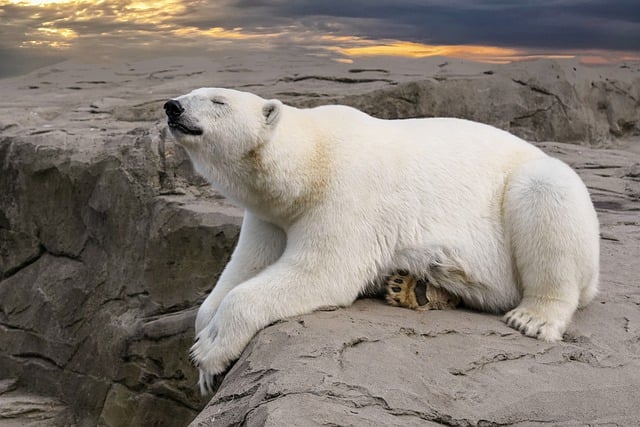Slug: which-saltwater-fish-eat-crabs

Slug: which-saltwater-fish-eat-crabs
Meta Description: Explore the fascinating world of saltwater fish that eat crabs. Learn about the diet of marine predators, including reef fish and crustacean-eating species that prey on crabs in the ocean.
Which Saltwater Fish Eat Crabs? A Guide to Crustacean-Eating Marine Predators
When it comes to the underwater world, the relationships between fish and their prey are often complex and fascinating. One such relationship is the predation of crabs by various saltwater fish species. These crab-eating fish are not only important in maintaining the balance of marine ecosystems but also play a crucial role in the feeding behavior of reef fish and other marine predators. If you’re curious about which saltwater fish munch on crabs, you’re in the right place! In this article, we’ll dive deep into the types of fish that feed on crabs, how they hunt, and the role of crabs in their diet.

Understanding the Crab-Eating Fish Diet
Before we dive into specific fish species, it’s important to understand what drives crab-eating behavior. Crabs, especially in their juvenile stages, are a primary food source for many saltwater fish. These crustaceans are rich in protein and other nutrients, making them an ideal part of a marine predator’s diet. Whether they’re scavengers or skilled hunters, many fish have adapted to incorporate crabs into their feeding habits.
Saltwater fish with a crab-based diet often rely on specific hunting techniques to catch these agile and armored creatures. Some fish may forage on the ocean floor, while others actively hunt crabs by ambushing them in coral reefs or seagrass beds.
The Top Fish That Eat Crabs in Saltwater
Let’s explore some of the most well-known fish species that feast on crabs. From the popular reef fish to the more elusive predators, these species have developed unique feeding strategies to include crabs in their diet.
1. Groupers: Masters of the Crab Hunt
Groupers are large, powerful fish that thrive in the reefs and deeper waters of the ocean. Known for their strong jaws and aggressive hunting tactics, groupers are notorious crab predators. They use their robust mouths to crush the hard shells of crabs, making them one of the most efficient crab-eating fish in the ocean. Groupers are opportunistic feeders, meaning they will also target other marine animals, but crabs are often on their menu.
2. Triggerfish: Skilled Shell-Crackers
Triggerfish are known for their ability to crush hard-shelled prey, making them excellent at consuming crabs and other crustaceans. These fish have powerful teeth that can break open the tough exoskeletons of crabs, giving them easy access to the soft meat inside. Triggerfish are found in both coral reefs and deeper rocky areas, where they use their flat bodies to hide and ambush unsuspecting crabs.
3. Moray Eels: Ambush Predators
Moray eels are some of the most stealthy and effective crab predators in the ocean. Their long, serpentine bodies allow them to navigate through crevices and hide among rocks and coral. Moray eels will wait patiently for crabs to wander by and then strike with incredible speed. They have sharp teeth, ideal for puncturing the tough carapace of crabs, and are particularly skilled at hunting crustaceans in rocky environments.
Reef Fish Crab Diet: A Delicate Balance
Many fish species in the coral reefs rely on crabs as an important part of their diet. Reef ecosystems are home to a wide variety of crab-eating fish, each playing a vital role in controlling the crab population and maintaining ecological balance.
4. Wrasse: Quick and Efficient Crab Hunters
Wrasse fish, often found in coral reefs, are quick and efficient hunters that don’t hesitate to feast on crabs. These fish have sharp teeth that allow them to eat smaller crabs, including juvenile crabs and other crustaceans. Wrasse are often observed darting through the corals, chasing after their crab prey and other small invertebrates.
5. Parrotfish: Opportunistic Crab Predators
Parrotfish are typically herbivores, but they can also be opportunistic predators, feeding on crabs and other small marine invertebrates when the opportunity arises. Their strong beaks are ideal for crushing the shells of crabs, and they’re known to forage on the ocean floor, where they may encounter crabs hiding in sand or coral rubble.
Crustacean-Eating Fish: More Than Just Crabs
While crabs are an important part of the diet of many fish, they are often not the only crustacean consumed. Crustaceans in general—such as shrimp, lobsters, and various types of crabs—make up the diet of numerous saltwater fish species.
6. Snapper: Diverse Diet with Crab Preferences
Snapper are versatile fish that feed on a wide range of prey, from smaller fish to crabs. These fish have powerful jaws and sharp teeth, which they use to tear apart the shells of crabs. While snappers prefer fish and squid, crabs are an easy and nutritious food source that they will readily target when available.
7. Lionfish: The Invader That Eats Crabs
Lionfish, an invasive species in many parts of the world, have rapidly become a significant predator of crabs. These fish use their venomous spines for defense but are also effective hunters of crustaceans. Lionfish are often found in coral reefs, where they prey on crabs, small fish, and other invertebrates.
Crab Predators in the Ocean: Who Else Feeds on Crabs?
While we’ve discussed several fish species that are known to eat crabs, they are not the only creatures in the ocean that rely on crabs as a food source. Other marine predators, including certain sharks, octopuses, and larger predatory fish, may also hunt crabs. However, fish remain the primary predators of crabs in most marine ecosystems.

Fish-Crab Predator-Prey Relationship
The relationship between fish and crabs is an excellent example of the predator-prey dynamics in the ocean. Crabs, with their hard exoskeletons and scavenger-like behavior, are often hunted by various fish species, which in turn, rely on crabs as a significant protein source. This predator-prey relationship is essential for maintaining balance within marine ecosystems.
Fish-Crab Predator-Prey Relationship
The relationship between fish and crabs is an excellent example of the predator-prey dynamics in the ocean. Crabs, with their hard exoskeletons and scavenger-like behavior, are often hunted by various fish species, which in turn, rely on crabs as a significant protein source. This predator-prey relationship is essential for maintaining balance within marine ecosystems.
Saltwater Fish Feeding and Crustacean Consumption
Saltwater fish with a crab-based diet are often well-adapted to feeding on crustaceans. These fish possess specialized features, such as sharp teeth, strong jaws, and even crushing abilities, to help them hunt and consume crabs. This feeding strategy is crucial for maintaining healthy marine environments, as fish that consume crabs help regulate their population and prevent overgrazing of coral reefs.
Conclusion: Why Understanding Crab-Eating Fish Matters
The relationship between saltwater fish and crabs is one of the many fascinating predator-prey dynamics that make marine ecosystems so intricate and beautiful. By learning more about the fish that eat crabs, we can better understand the delicate balance of the ocean’s food web and the importance of conserving these species. Whether you’re a marine biologist, a fisherman, or simply a lover of the sea, appreciating the crab-eating fish in our oceans helps us all understand how these creatures thrive and coexist.
FAQs About Saltwater Fish That Eat Crabs
1. Do all saltwater fish eat crabs?
Not all saltwater fish eat crabs. While many species, especially reef fish and larger predators, do include crabs in their diet, others may prefer fish, mollusks, or plankton.
2. Can groupers eat crabs?
Yes! Groupers are known for their ability to eat crabs. They use their strong jaws to crush the exoskeletons of crabs and enjoy them as part of their varied diet.
3. Why are crabs important in the diet of marine fish?
Crabs provide essential nutrients and protein for many marine fish, helping them to grow, reproduce, and maintain energy. They are a valuable food source in the ocean.
4. What other animals eat crabs in the ocean?
Apart from fish, crabs are also consumed by other marine predators like sharks, octopuses, and some species of seabirds.
5. Are crab-eating fish good for maintaining coral reef health?
Yes! Crab-eating fish play an important role in controlling the crab population, which helps prevent overgrazing of coral reefs and maintains the balance of marine ecosystems.



